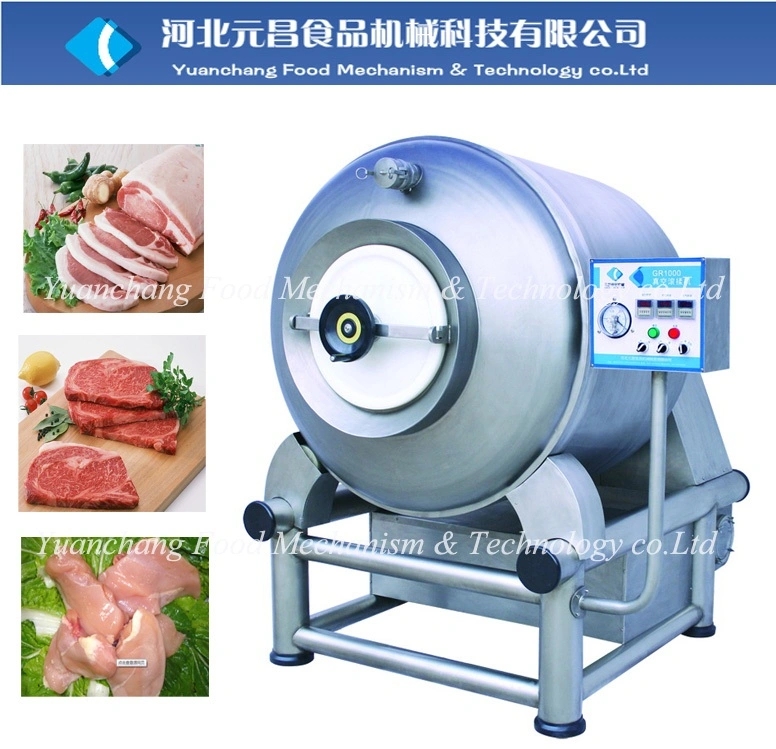10 years of experience as a food machinery equipment manufacturer
10 years of experience as a food machinery equipment manufacturer
For commercial meat processing operations, acquiring a high-performance beef vacuum roller marks a crucial investment. These essential machines efficiently tenderize and prepare cuts, directly influencing throughput and product consistency. Identifying trustworthy suppliers for durable equipment requires careful market evaluation.

Procuring a beef vacuum roller isn’t merely about the initial purchase price. Sustainable operations depend on equipment resilience. Industry research consistently highlights several critical factors buyers should prioritize:
The beef processing industry benefits from a diverse global supplier landscape, offering various procurement channels:
Equipped with clear requirements, engaging potential suppliers involves structured communication:
Partnering with a supplier offering robust after-sales support is crucial. Reliable vendors provide comprehensive operation manuals, accessible technical advisors, readily available consumable parts (like blades or needles specific to the vacuum roller), and scheduled preventive maintenance recommendations to maximize equipment uptime.
Ultimately, identifying where to purchase a beef vacuum roller centers on finding suppliers committed to delivering durable, high-performance machines backed by reliable service and support. Conducting thorough due diligence significantly enhances the likelihood of securing equipment that becomes a dependable asset for enhancing processing efficiency and product quality over the long term.
